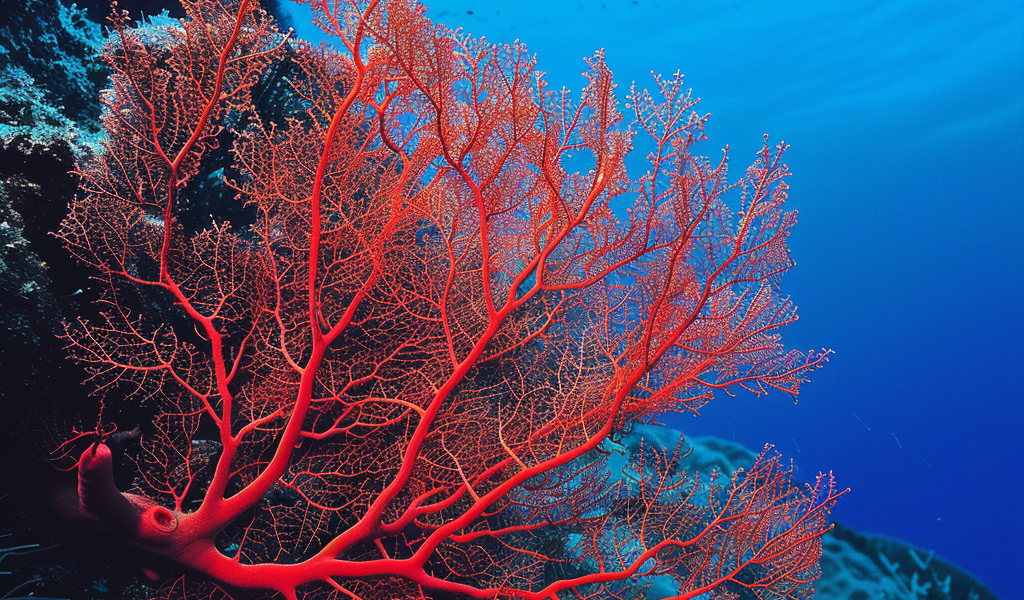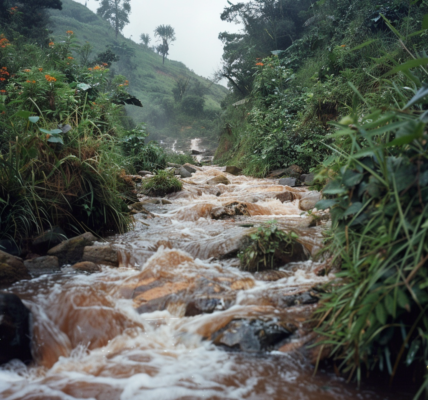Study Reveals Devastating Impact of Marine Heatwaves on Red Gorgonian Colonies in Medes Islands
A recent study by the University of Barcelona has shed light on the devastating impact of marine heatwaves on the red gorgonian Paramuricea clavata in the Medes Islands. The study, published in the Journal of Animal Ecology, highlights the unprecedented increase in mortality of these colonies following the extreme heatwave of 2022.
Researchers have expressed alarm at the findings, noting that 70% of the colonies in the Montgrí Natural Park, the Medes Islands, and the Baix Ter were affected. This species plays a crucial role in benthic ecosystems and is considered an inhabitant-forming species, making the implications of the mortality rates even more concerning.
The study, led by UB researcher Graciel·la Rovira and coordinated by Professor Cristina Linares, analyzed the impact of marine heatwaves between 2016 and 2022 on seven populations of P. clavata in the marine protected area. The results revealed a significant increase in mortality rates during warmer and longer heatwave episodes, particularly in the years 2017, 2018, 2019, and 2022.
Temperatures exceeding 24.3°C were recorded in these four years, with 2022 experiencing the highest mortality rates. The authors highlight that in 2022, approximately 70% of colonies were affected by the 50-day heatwave, resulting in nearly 40% of the surface area being affected. Such levels of impact had not been observed previously in the area, emphasizing the severity of the situation.
The slow recovery rate of these organisms further exacerbates the issue, with researchers noting that the mortality of a particular year is influenced by previous years’ events. This cumulative effect underscores the long-lasting consequences of marine heatwaves on the red gorgonian populations in the Medes Islands.





